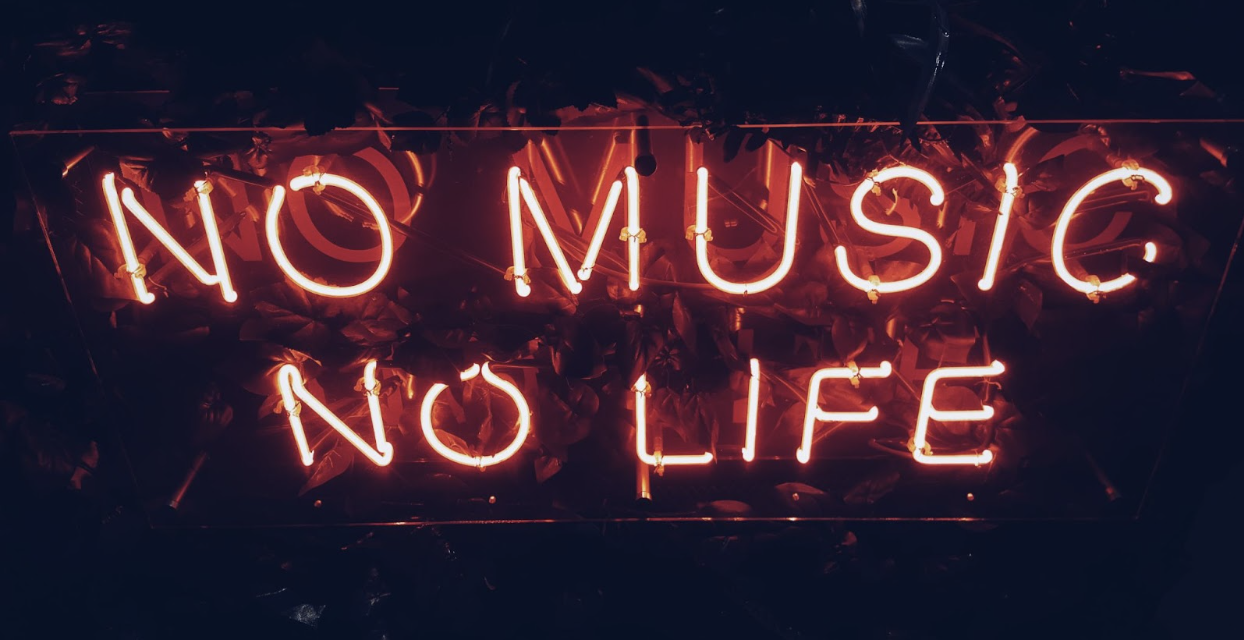Music, an ancient artform entwining emotions, culture, and personal experiences, has played an intricate part of human civilization for millennia (and that’s a mighty long time). For many, music is not merely a form of entertainment, but a powerful tool for emotional release, therapy and mental wellness. (Photo by Simon Noh on Unsplash)
Researchers and experts in psychology and music therapy have dug deep to unravel the woven threads of music and its undeniable impact on mental health; let’s explore some expert insights into how the two interconnect.
1. Emotional Release and Expression
“Music transcends the limitations of spoken language, offering a unique pathway for emotional expression and connectivity. At Recovery Unplugged, we’ve witnessed firsthand the transformative power of music in healing and recovery, allowing individuals to communicate, connect, and heal in ways previously unattainable.” – Ian Jackson, LPC-MHSP, Clinical Director at Recovery Unplugged
Dr. Barbara Reuer, renowned for her expertise in music-related wellness and therapy, also emphasizes that music provides an outlet for emotional expression. People often turn to music, either listening or creating it, as a way to express, process, and release emotions that might be difficult to put into words. Certain melodies, harmonies, and lyrics can articulate feelings of happiness, sadness, or nostalgia, providing a non-verbal medium to convey emotions and experiences.
‘If you’re working with a child with special needs in school, you might use music to work toward enhancing communication, academic, motor or social skills; if a child with autism is afraid to interact, you use music to teach how to reach out and shake hands and say hi and goodbye, using songs to help,’ says Dr Reuer.
2. Stress Reduction

Dr. Daniel J. Levitin, a well-known neuroscientist and author of “This Is Your Brain on Music”, highlights the stress-reducing benefits of music. Studies have shown that listening to music can decrease levels of the stress hormone cortisol, which subsequently reduces the overall stress experienced by an individual. Calming and harmonious music, in particular, has been identified to have a significant stress-diminishing impact. (Photo by Eric Nopanen on Unsplash)
According to Levitan, as written in his aforementioned book, ‘Americans spend more money on music than on sex or prescription drugs!’
3. Enhancing Mood
According to Dr. Suvi Saarikallio, an expert in music and emotion regulation, music has a profound impact on mood enhancement. Individuals often use music as a tool to improve their mood and foster a positive mental state; upbeat, lively, and rhythmically stimulating music is often associated with an uplifting and energizing psychological effect, particularly in adolescence – so maybe try to hold off yelling out ‘turn it down!’
4. Supporting Mental Health Treatments
“The fusion of psychiatry and music in a therapeutic context can not only enhance conventional treatment methodologies but also offer novel approaches in managing mental health. Music can provide a comforting and safe medium through which patients can explore and articulate their mental and emotional landscapes.” – Dr. Alejandro Alva, Psychiatrist at Mental Health Center of San Diego
Dr. Joanne Loewy, the Director of the Louis Armstrong Center for Music and Medicine, also underscores the importance of music therapy in supporting conventional mental health treatments. Engaging in music therapy, which can involve creating, singing, or moving to music, has proven effective in addressing various psychological issues including depression, anxiety, and trauma-related stress. As Dr Loewy exclaims, ‘We are truly in-tune with our patients!’
5. Physical and Psychological Relaxation
Experts from Harvard Health point out that music can facilitate physical relaxation which, in turn, supports mental wellness; soothing music helps to slow down the breathing rate, decrease heart rate, and promote a state of physical relaxation, which inevitably aids in mental tranquility and lowers anxiety levels.
6. Community and Belonging
Few social occasions don’t call for music as an accompaniment – it’s the inevitable audio backdrop of an event that fuses the experience into one.
Gary Tucker, Licensed Psychotherapist at D’Amore Mental Health says, “Engaging with music provides a multifaceted therapeutic benefit, acting as a catalyst not just for emotional expression, but also for reflection and socio-emotional learning.”
An Indisputable Resonance
The resonance of music within the mental health sphere is indisputable, blending melody and mind in a symphony that reaches deeply into our mind and affects our psychological well-being. Through the insights provided by experts from various fields, the connection between music and mental health is continually affirmed, and excitingly, still there is much to be discovered.













